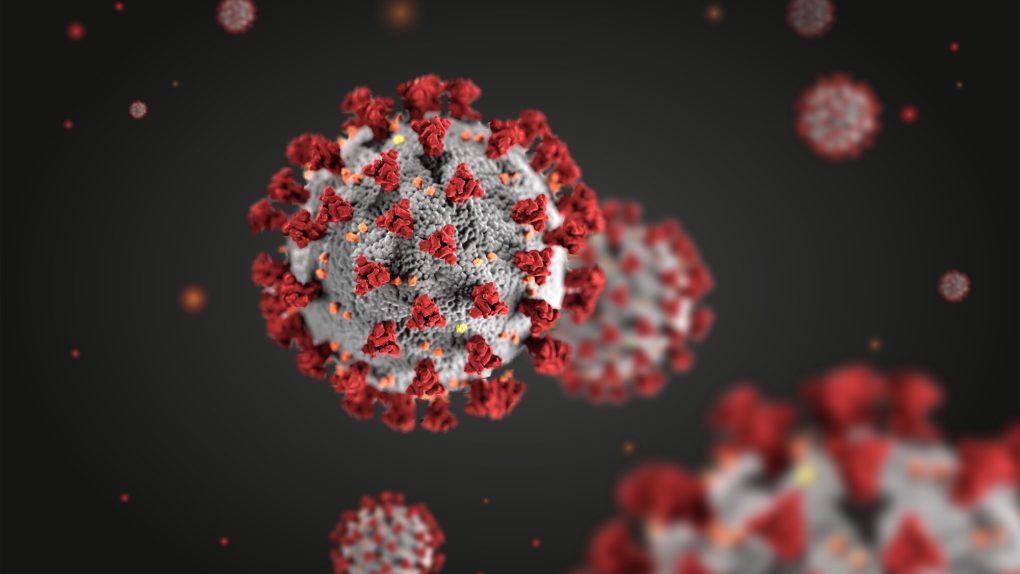- A former NASA medical advisor lays out her top tips for avoiding a coronavirus infection.
- Many of the tips include things we know can help protect us, like social distancing and wearing masks.
- The pandemic is still raging in many countries, including the United States.
Ever since the beginning of the coronavirus pandemic, it’s been a struggle to know who to trust. You’ve got some people (erroneously) claiming it’s no more dangerous than the seasonal flu, while others warn that it’s a virus to be avoided at all costs. It’s clear that the virus is dangerous, and we should be listening to those with experience in medicine and, preferably, experienced doctors.
Now, a former NASA doctor is weighing in on the best strategies for avoiding the virus, and in case you were wondering if things like social distancing and wearing masks is important, well, she’ll tell you they most certainly are.
Dr. Saralyn Mark served as a NASA Senior Medical Advisor for nearly two decades, helping to ensure that the agency’s most precious human assets remained as healthy as possible. So, you have to imagine she knows a thing or two when it comes to protecting against viral infections, and in a new article she lays out her most vital tips.
As you might imagine, the number one tip for avoiding the virus is avoiding people who might have it. Since some people are asymptomatic the entire time they are infected, it’s impossible to know if a person is sick just by looking at them, and that means that isolation is ultimately the best defense. That’s a bummer since so many of us are craving human contact right now, but it really is for the best.
“It’s important to keep a schedule including time for exercise and relaxation and meals,” Dr. Mark writes. “I stay busy and focused on daily goals even if it is to pull weeds in my garden. Finally, I stay connected to my networks through calls, email, text, video chats, etc., even if it is just a brief check-in.”
Other important tips include wearing masks and other personal protective equipment whenever possible. Masks have been shown to dramatically reduce the spread of the virus, as long as they’re of good quality and are worn properly (stop putting them under your nose, people!). Washing your hands frequently is also of utmost importance.
Dr. Mark also advises that you keep up with data on infection rates and how the virus is affecting people like you. “I study available data and studies in small segments to not become overwhelmed,” she says. “I know that data is continually evolving and may not be complete. I disaggregate the data by human factors such as age, race/ethnicity, sex/gender, SES to assess how it applies to the individual.”
Overall, the advice is very similar to what we’ve been hearing all along. The scary thing is that despite it being hammered into our heads, some people are still ignoring it.








